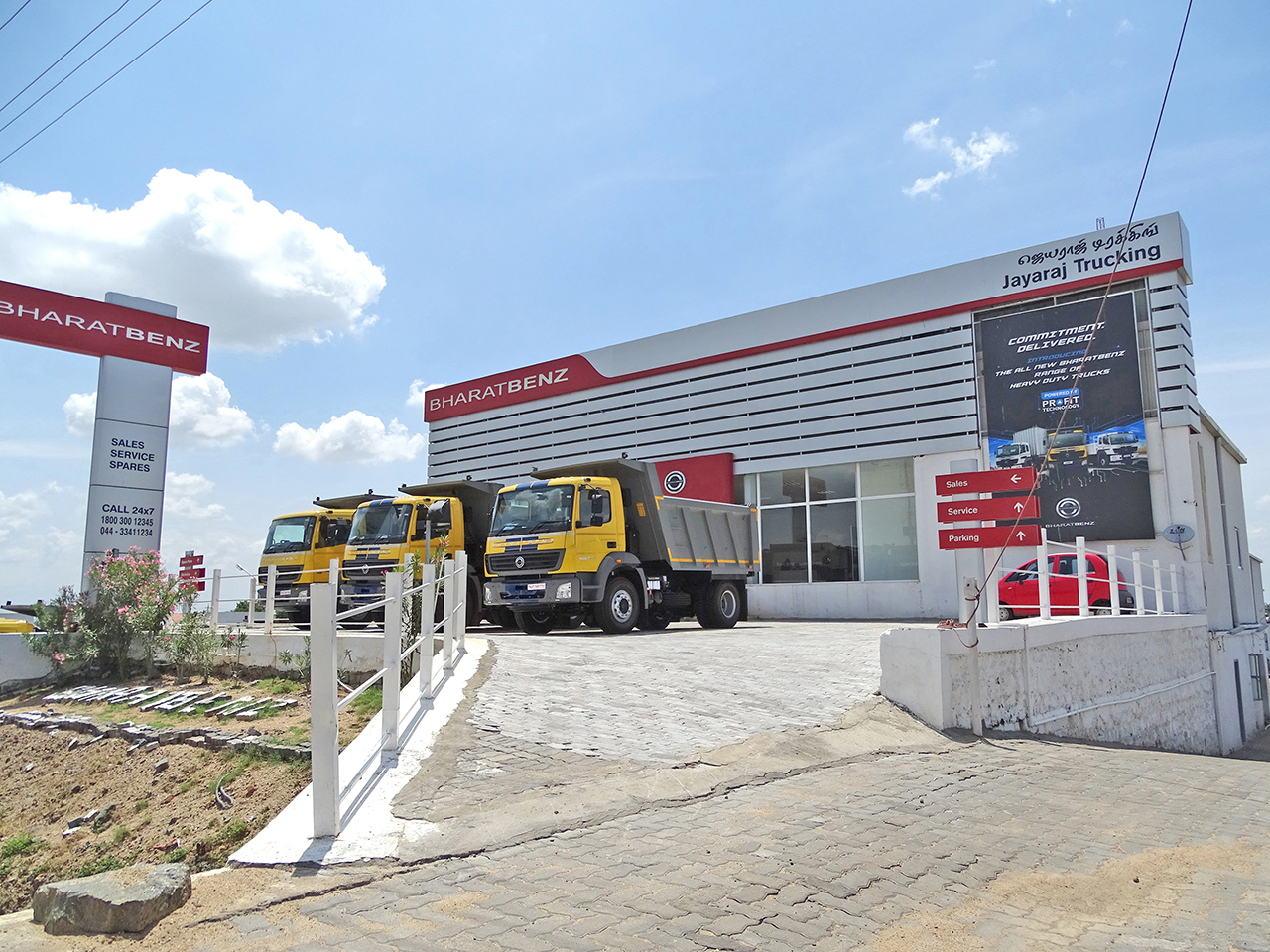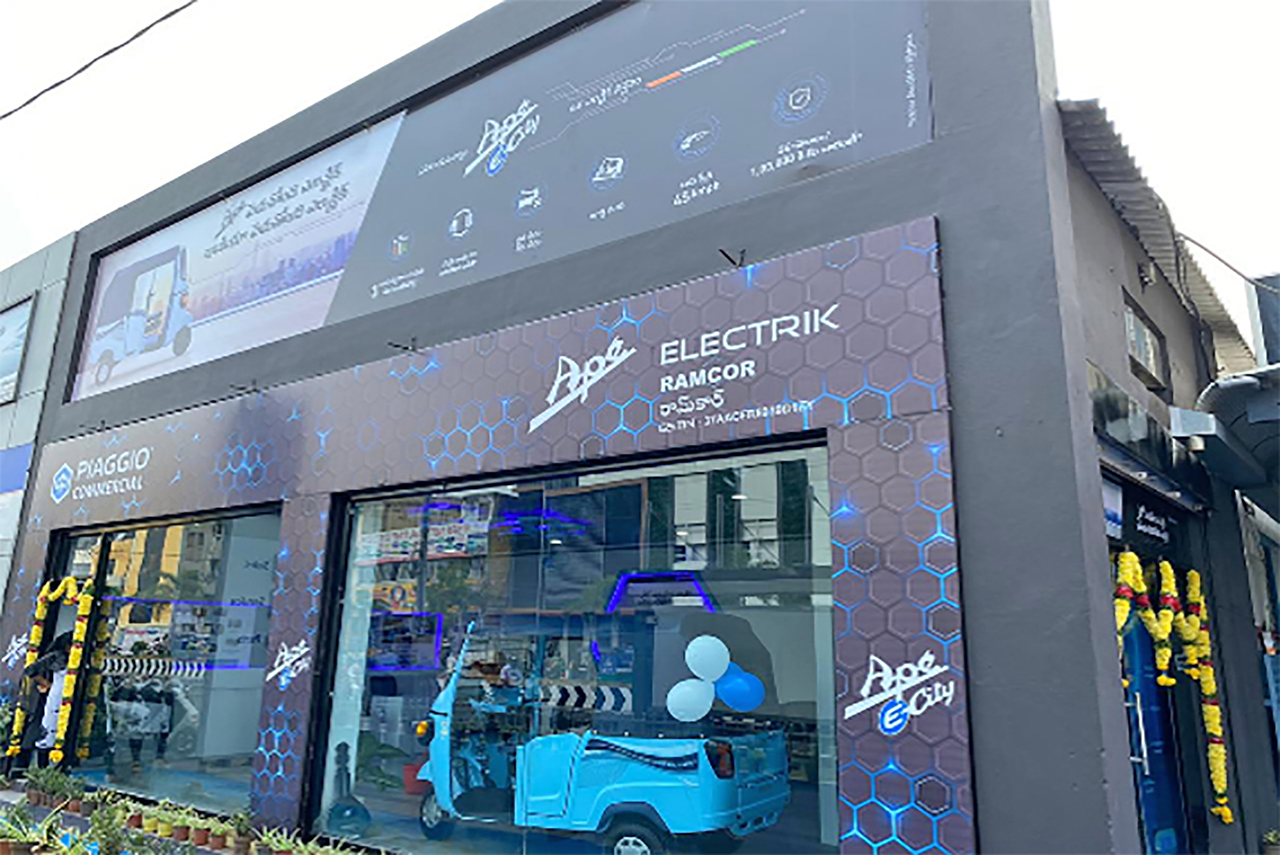In this special Guest Column, Vinkesh Gulati, President, Federation of Automobile Dealers Associations (FADA), shares his observations and views on how the Indian automotive retail sector has weathered the COVID storm and the key learnings and takeaways from the experience

What started as a small fire in September 2018—a dip in sales of CVs after the regulatory change in the axle-load norms—turned into a full-blown conflagration at a scale not experienced in the last two decades, as fundamental economic challenges roiled the Indian automotive industry. Credit availability fell, demand slowed (especially in infrastructure and mining), and discretionary spending dropped, all of which contributed to a decline in auto sales. Towards the end of 2019 when the industry was trying to once again get back on its feet, the biggest catastrophe of its kind, the pandemic, hit the world.
This coupled with BS-IV to BS-VI transition broke the back of the industry as the virus kept us grounded. But as the lockdown was removed, the auto industry witnessed one of the best V-shaped recoveries when compared to any other industry in India. However, once again when things were just starting to look good, the second wave of the pandemic halted auto sales. But as they say, good habits are formed in bad times and looking back, the auto dealership business has discovered a lot of good habits born out of necessity.
With more than 26,500 touch points in urban and rural India, the Indian auto dealer community is one of the key contributors to the national economy. It generates over five million direct and indirect jobs including automobile engineers, technicians, sales representatives, managers, customer relations officials and support staff. The auto dealer community has persevered through many downturns before but clearly no one was prepared for the pandemic and the ensuing lockdowns. No economic activities were conducted and for the first time in the history of the automotive industry, dealerships were locked down for around two months in two consecutive years without sales.
It was a difficult time for everyone in the industry. But now the dealers have begun to explore ways to increase revenue streams by optimizing their business models. One of the biggest lessons in this period is that the business of selling and servicing vehicles is also essential to the safety and wellbeing of our people. Our personal vehicles have proven instrumental in getting us through this pandemic. They have gotten doctors, nurses and patients to hospitals. They have gotten researchers to the labs. And they have gotten just about all of us to the grocery store more times than any of us would care to count (or personally owned vehicles have brought the groceries to us).

It is critical that policymakers, both at the centre and state, remember that not every vehicle sale is a discretionary purchase. Tens of thousands of cars and trucks break down, get totalled in accidents. Those that can’t be repaired need to be replaced and so auto dealerships must be able to conduct vehicle sales in some capacity no matter how bad the conditions are on the ground. This brings me to another lesson. Auto dealers are more willing to embrace change and disruption than most people give them credit for. During the first phase when unlocking started happening, dealers scrambled to create an entirely new way of doing business that was safe for their employees and customers, compliant with local health regulations and convenient and flexible for the scores of customers that simply needed to purchase vehicles or have vehicles serviced.
I personally am so proud of the resiliency, innovation and determination that the auto retail industry has shown on behalf of their brands and their customers. Dealers see these adaptations as overly positive to their operations and their customer interactions. That is why I have no doubt that this innovation and flexibility will endure long past the pandemic. Dealers are now working on the transition to a better online customer experience that reduces the requirement of visit to the dealership for vehicle purchase, financing or service – which also has to work seamlessly when customers switch back and forth between online and in-person.
A lower cost structure is a painful but a prudent habit with lower dealership inventory, less traditional advertising and leaner dealership employees. Except for skilled service technicians who always remain in short supply, the pandemic has given new opportunities and taught important lessons to manage finances and restructure the overall dealer business. Also, dealers have started realising that the era of ‘Taj Mahal’-sized dealerships are over and the same should now being transformed into small ‘cube’ type showrooms. This is also seconded by the EY survey which shows that vehicle delivery at showrooms is a diminishing trend as 59% consumers have started choosing convenience over celebration and prefer home or office delivery of their vehicles.

The pandemic is acting as a catalyst for these changes and is not the root cause. All these things were already being practiced before the onset of the pandemic but it was not being invested with genuine effort. Especially in the case of digital selling, some of these ideas were already in work for the last few years. Online sales which were looked upon as ‘nice to have’ have now been upgraded to ‘must have’. Many dealerships embarked on a crash course in online sales, while some big retail groups already were well into behind the scenes work on their online sales channels. To be successful and credible with digital retailing, dealers have to be able to offer a sales process that is transparent to the consumer.
For this reason, OEMs should work even harder to make dealership incentives as simple and non-complex as possible. Throughout till date, dealers have done a tremendous job working to meet their customers where they are comfortable physically and logistically and to provide those customers with the flexibility and transparency they so need and desire. Dealers will continue to do so. The services they provide to their customers and to the nation are too important. It is my sincere hope that the rest of the industry, including automakers, heed the lessons already learned, and truly listen to what their first customers are telling them about the importance of convenience, flexibility, transparency and fairness in the vehicle sales process. While times are difficult and uncertain, the lessons learned from past periods of difficulty are clear: act swiftly and do so now. By focusing on digital presence, customer retention, addressing customer feedback and evolving to meet those needs coupled with financial prudence all the way, our dealership will be in better shape not only to weather this storm but to emerge on the other side with numbers that are even better than before!